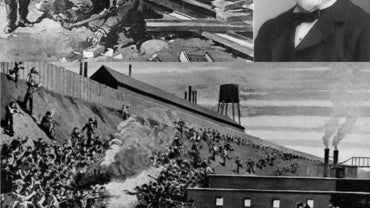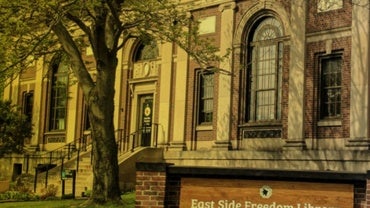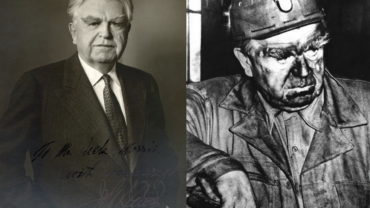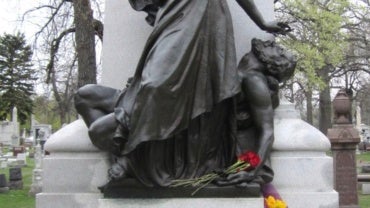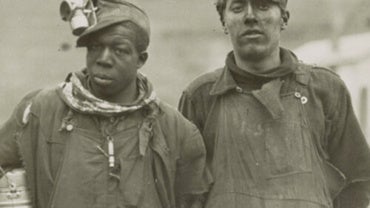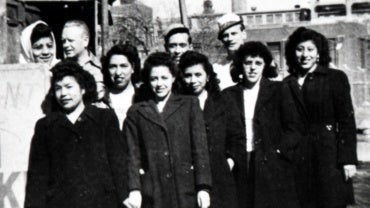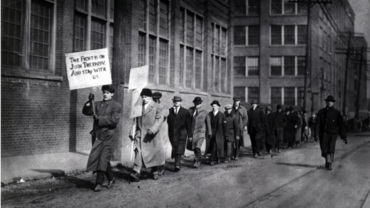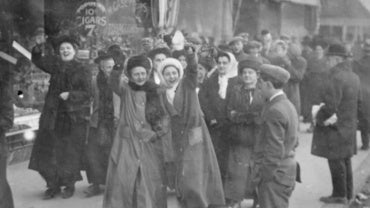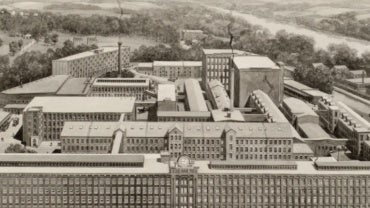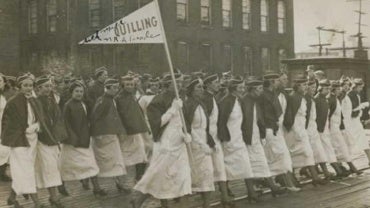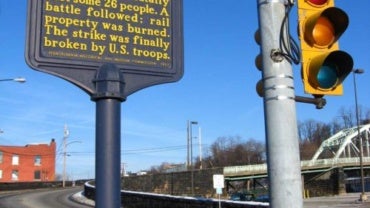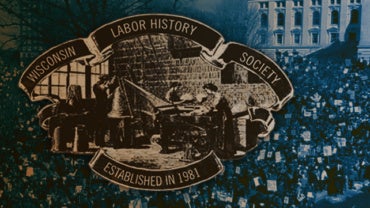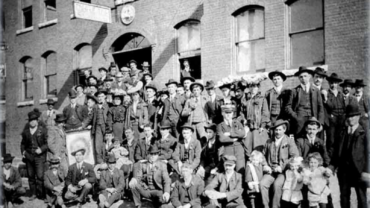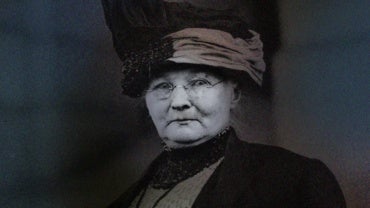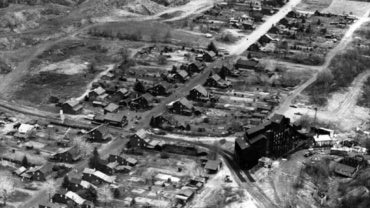Local & Regional Resources
Some of the most important resources available to tell the stories of workers and their movements, past and present, are being assembled at the local or regional level. Below we are assembling links to some of the most active and rich historical sources. If you don’t find a resource here that you are looking for, please contact us.
The Battle of Homestead Foundation (BHF) is a diverse organization of citizens, workers, educators and historians. Our purpose is to memorialize the dramatic labor conflict of the 1892 Battle of Homestead and clarify the consequences that remain with us today. Inspired by that event, we promote a people’s history, empower today’s workforce and build strategies for the future of work. The Foundation is a 501(c)(3) tax-exempt nonprofit organization.
The East Side Freedom Library (ESFL) has its home in the former Arlington Hills library, one of St. Paul’s historic Carnegie library buildings at 1105 Greenbrier Street, located in the Payne-Phalen neighborhood.
John L. Lewis was born February 12th 1880, to Welsh immigrant parents in the coal mining camp of Cleveland, Iowa- one mile East of Lucas, Iowa. He began working in the Big Hill Coal Mine in Lucas, IA as a teenager, joining the UMWA Local #799 in 1900. He began his rise to power in the United Mine Workers of America and served as President of the UMWA for forty years and was founder of the Congress of Industrial Organizations.
It shall be the Purpose of the Illinois Labor History Society to encourage the preservation and study of labor history materials of the Illinois Region, and to arouse public interest in the profound significance of the past to the present.
In the town of Matewan, the West Virginia Mine Wars Museum sits at the site of a historic battle which erupted in May of 1920, setting into motion a chain of events that led to the largest armed uprising in the United States since our civil war.
The Iowa Labor History Society is a non-profit made up of individuals and affiliate organizations that have joined together to preserve and promote the rich history of Iowa’s workers—the lives, labors, and struggles that shaped the history of our state.
One of the most significant struggles for workers’ rights began on January 12, 1912, in Lawrence, Mass., when thousands of textile workers began a walkout that would come to be known as the Bread and Roses Strike, the Lawrence Textile Strike, and the Singing Strike. Read an overview and find teaching resources below.
The Lawrence Textile Strike was a public protest mainly of immigrant workers from several countries, including Austria, Belgium, Cuba, Canada, France, England, Germany, Greece, Ireland, Italy, Lithuania, Netherlands, Norway, Poland, Portugal, Russia, Scotland, Spain, Syria, and Turkey. According to the 1910 census, 65% of mill workers (many of whom eventually struck) lived in the United States for less than 10 years; 47% for less than five years.
Our collections are being digitized and made available through our website, OCLC WorldCat, Internet Archive, Digital Commonwealth, and the Digital Public Library of America (DPLA).
Lowell’s water-powered textile mills catapulted the nation – including immigrant families and early female factory workers – into an uncertain new industrial era. Nearly 200 years later, the changes that began here still reverberate in our shifting global economy. Explore Lowell, a living testament to the dynamic human story of the industrial revolution.
The Howling Mob Society was a Pittsburgh-based group of anonymous artists, activists, and citizen historians with an interest in the oft-buried radical peoples’ history of the United States. We worked as a team throughout 2007-08 to research, fabricate, and install a series of ten historical markers which detail the events of the Great Railroad Strike of 1877 as they unfolded in Pittsburgh, PA.
The Wisconsin Labor History Society is a volunteer-based organization working to record and catalogue the historical labor events of Wisconsin.
The Barre Historical Society is the historical society for the City of Barre, Vermont. It is the owner of two historic buildings, the Socialist Labor Party Hall National Historic Landmark and the Union Cooperative Store bakery building, being restored as the Rise Up Bakery.
Mother Jones Museum is the website of the Mother Jones Heritage Project, a 501-c-3 non-profit. We are guided by the philosophy & model of Mother Jones, whose base was in Chicago, but who went across the US to organize and fight for justice.
Perched atop a mountain ridge at the center of one of the planet’s largest concentrations of disturbed terrain, Eckley Miners’ Village is a world within a world. Visit our authentic 19th-century company mining town, and experience the lives of the working-class families who once fueled America.


